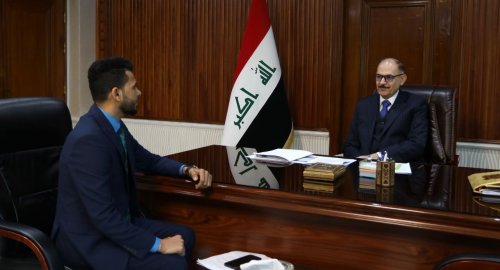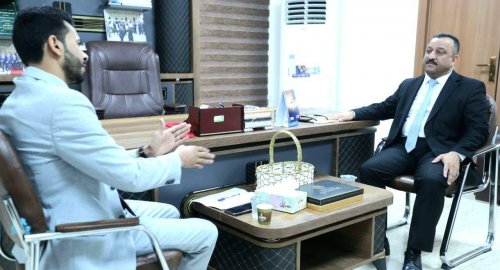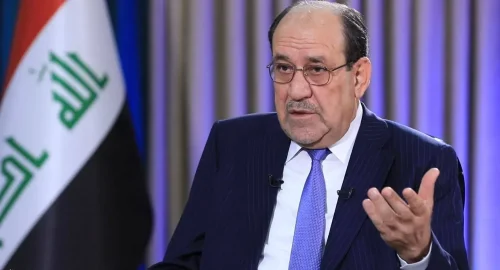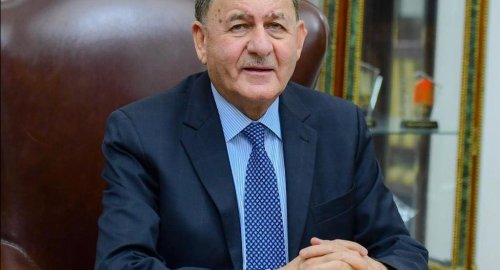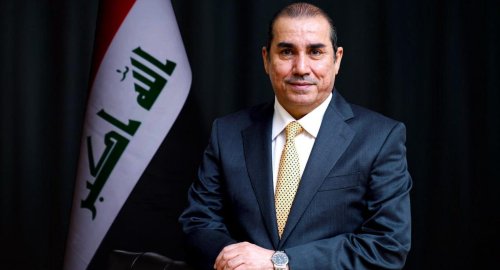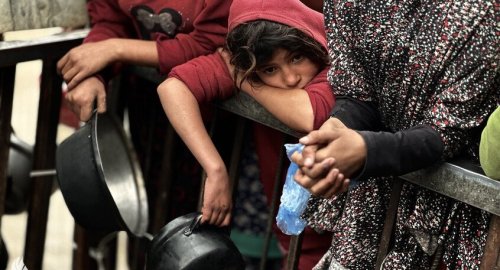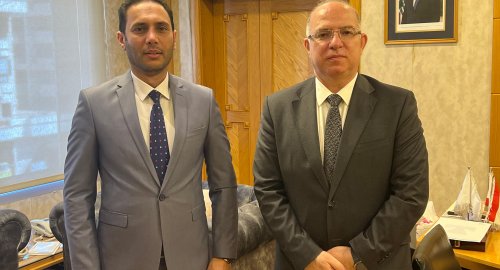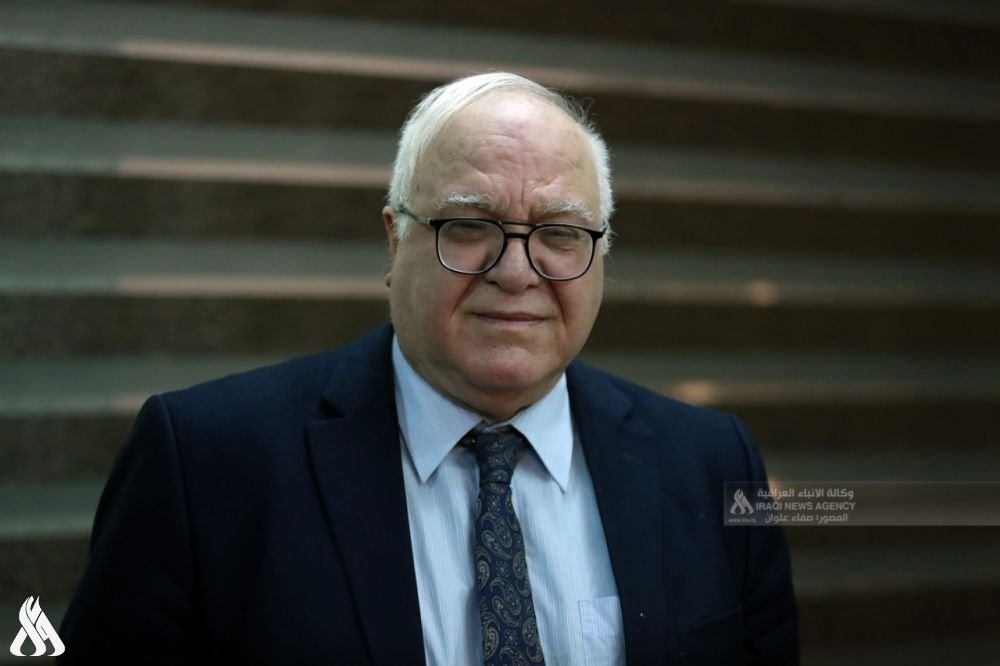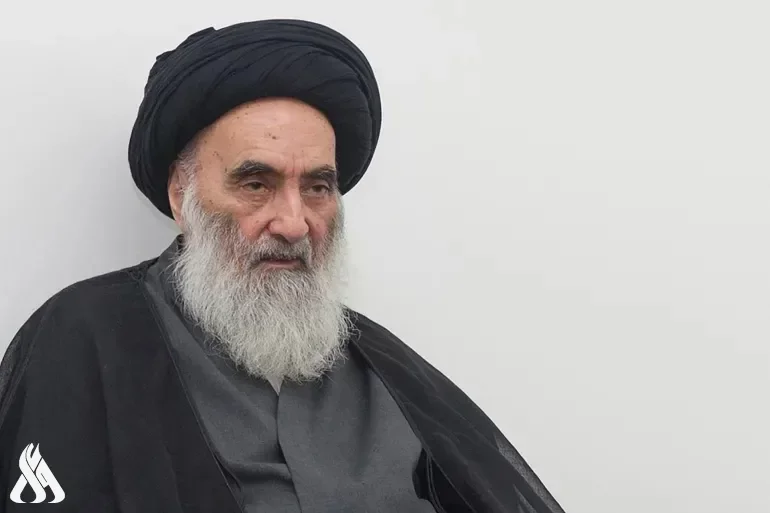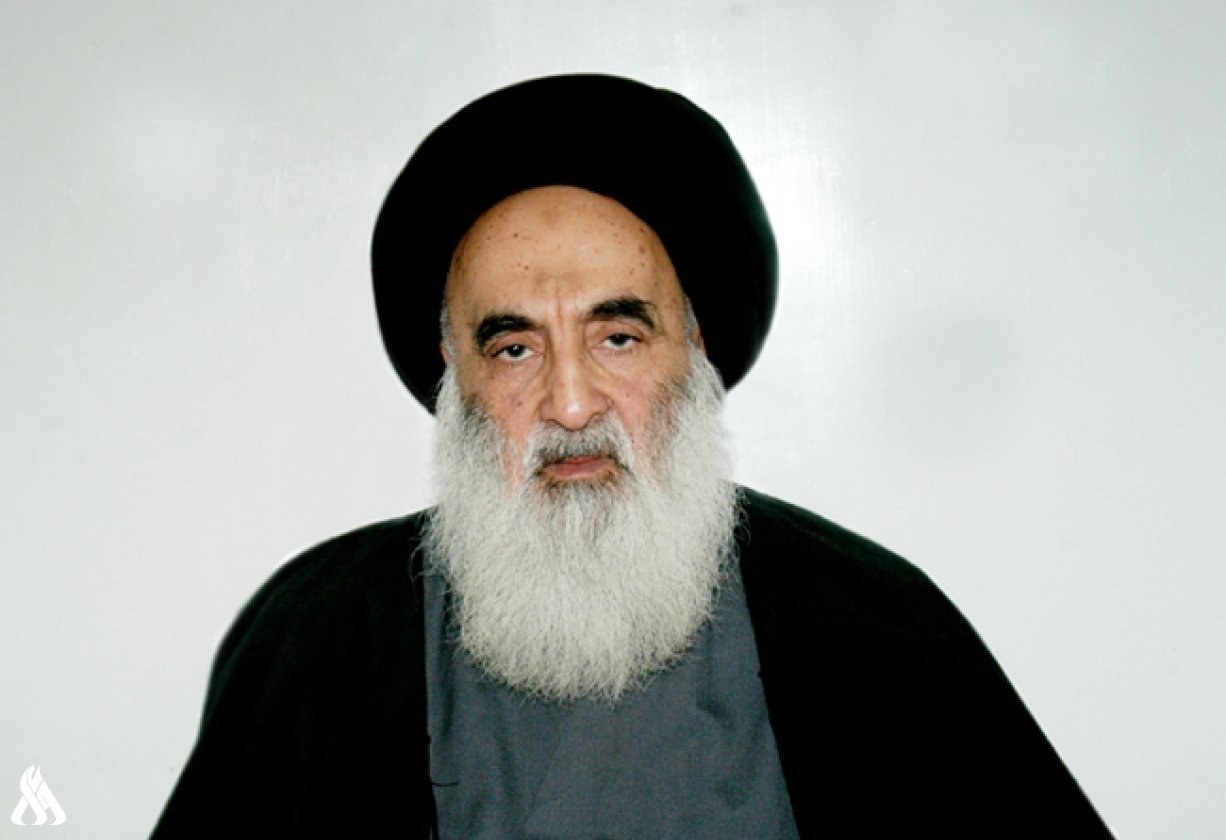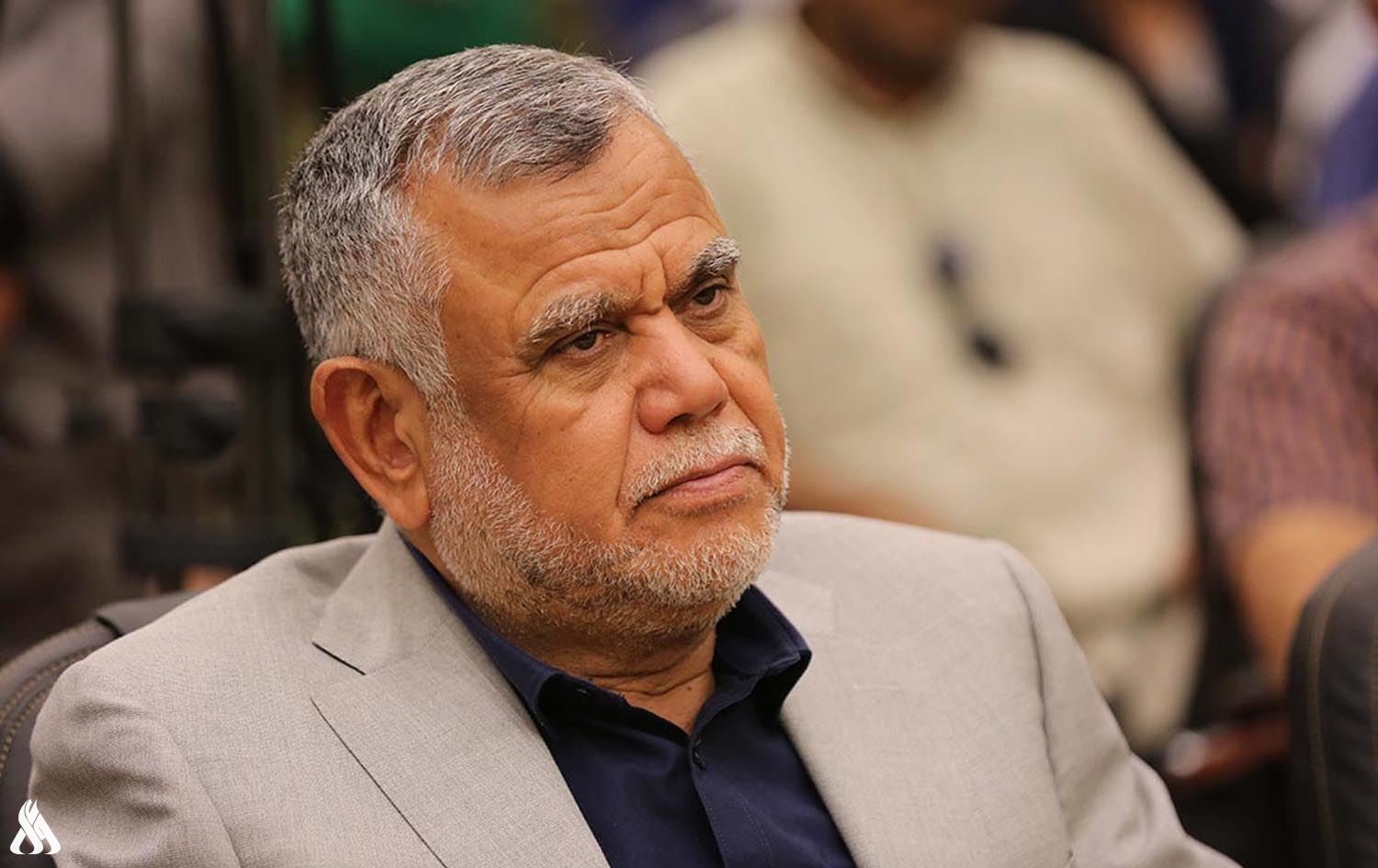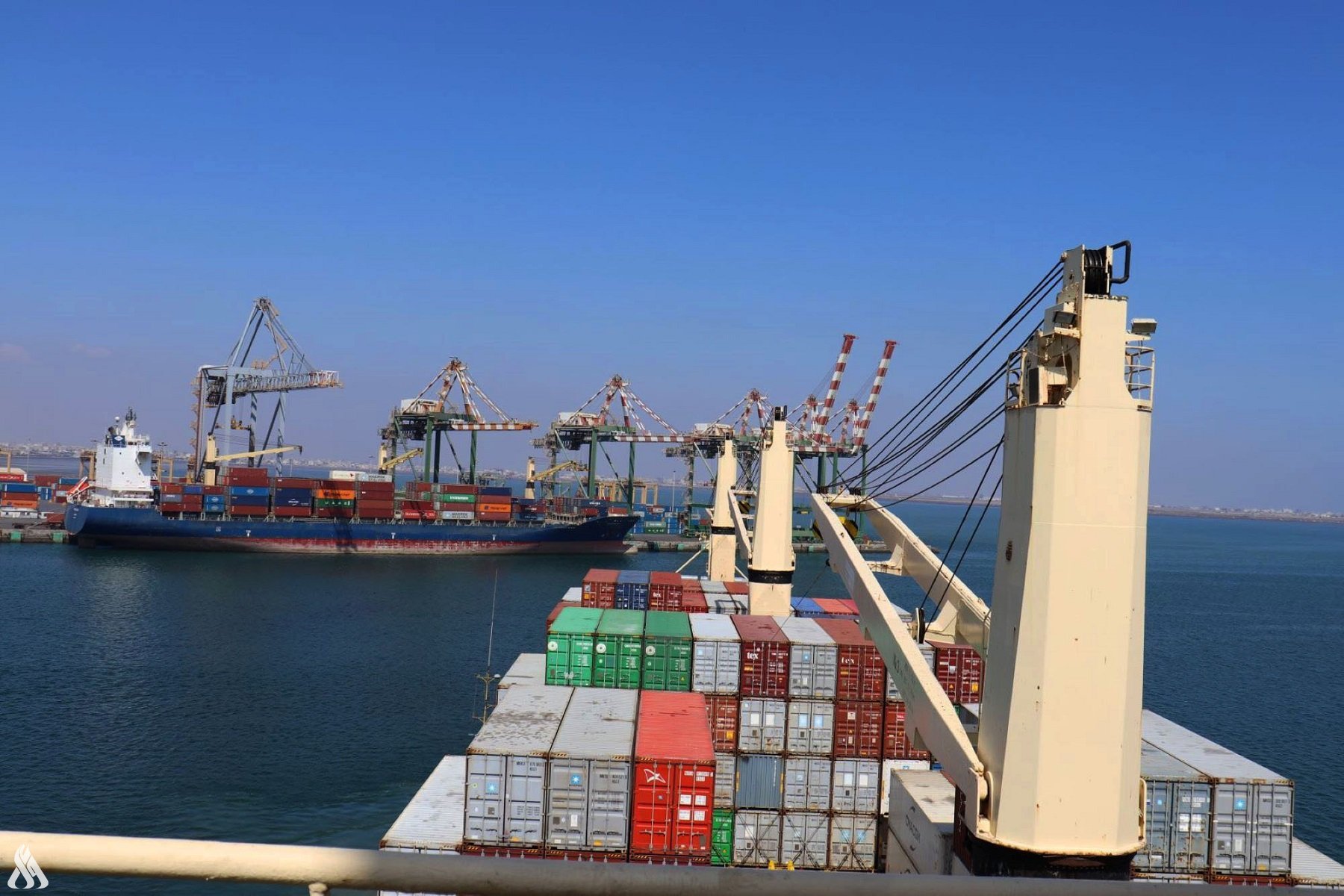
INA interviews President of Central Criminal Court on Amnesty Law

- 13-02-2025, 11:58
INA- Baghdad
The Central Criminal Court detailed, on Wednesday, the mechanism for implementing the general amnesty law and the categories included, and while it indicated the formation of 4 committees to implement the law, it confirmed that the law will not include anyone who belonged to terrorist organizations.
The head of the court, Ahmed Mohammed Khalaf Al-Amiri, said in an interview with the Iraqi News Agency (INA): "The Iraqi judiciary is responsible for implementing the laws enacted or issued later, such as the current amnesty law issued by the Parliament, which indicated the categories and persons included in it."
He added, "Despite the controversy that occurred over this law in terms of the appeals submitted before the Federal Court, the Supreme Judicial Council decided, based on the text of the law enacted, to implement it."
He continued, "Since the first day of the enactment of this law, instructions were received from the judiciary and the presidency of the appeal to form specialized committees. These committees began their work and have received, so far, about 2,000 to 2,500 requests from citizens only in the committees formed by the Baghdad Rusafa Appeal Court," noting that "inclusion of individuals in cases that are still under trial, and after the law came into force, it included criminal courts and the four committee bodies formed under the presidency of the Baghdad Rusafa Appeal Court to consider the cases."
He added, "The Presidency of the Rusafa Appeal Court formed 4 committees: the first and second were designated to consider requests for retrial and investigation submitted by the relatives of the convicts or the convicts themselves or their representatives who claim that they were subjected to torture according to the testimony of a witness or a secret informant or through a medical report.”
He added, "As for the third and fourth committees, they are designated to consider cases that have acquired finality, i.e. cases issued by criminal and misdemeanor courts that have acquired finality and are certified by the Court of Cassation.”
"Fears that the amnesty law will harm the social structure or social cohesion do not exist, and the parliament has carefully focused on the importance of not harming society and not including terrorism and they will not be included," he said.
He pointed out that "the amnesty law included people who committed mistakes and crimes who deserve a second chance, such as drug users, as well as those who were caught in possession of less than 50 grams, regardless of the reason for possession."
He added, "The committees formed discussed this issue and reached a solution that the person is treated regardless of the quantity seized in his possession, and if he is one of the dangerous international or major traders in Iraq, he is treated according to the lawsuit and the circumstances and statements available."
He asserted that "as for those who are not covered by the amnesty law, they are who committed terrorist crimes that resulted in murder or permanent disability, regardless of the victim's waiver of the seriousness of the crime, as well as persons who contribute to terrorist operations such as bombing, murder and kidnapping, the person who harbors terrorism, the transporter who contributed weapons or funds that helped to commit crimes, as well as people who belonged to terrorist organizations of their own will, since belonging to terrorist groups is an intellectual matter and cannot be included, because they are not fit to coexist with society as well about the people who recruit terrorists who contribute to the formation of these terrorist groups."
He stressed that "there will be no extortion in prisons in the case of changing the weights of seizures to less than 50 grams to be covered by the amnesty law, because all prisoners have acquired the final degree of judgment and the court is aware of their statements and confessions proven by investigation before investigative and criminal judges, so no one can manipulate or reduce the seized quantity."
He confirmed that "international and Arab laws are similar to Iraqi laws and are now heading to financial penalties more than others, which help the state to treat addicts and delinquents and hold seminars to combat these scourges;
He pointed out that "drugs are more dangerous than terrorism in Iraq, because they harm all people, the poor, the rich, the educated, the uneducated, the security and civil affiliates, and reached the level of doctors and engineers and penetrated into schools and universities, except for clerics, writers and media professionals so far, we have not registered claims condemning them," and the security services have made sacrifices and martyrs, and the file of confronting it needs the efforts of other institutions such as ports, airports and borders, calling on "the concerned authorities to involve them in securing the areas from which ideas and poisoned medicines enter."
He stated that "the year 2022 witnessed the registration of 4,343 cases in the four Rusafa criminal courts, and in 2023 5,050 cases were registered, and in 2024 it amounted to 5,835 cases, with an increase rate of 700 to 800 crimes, but at the same time there are efforts calculated for the security forces to combat crime, and the increase index also means the escalation of deterrence operations against those involved."
He pointed out that "the people who will be covered by the general amnesty law if they go out and return to the practice of what they were, such as tribal dukkah, theft or drugs, this does not mean that the amnesty law is the reason, but the thought of people and this symbolizes the existence of a defect in them," explaining, "It is not the work of the courts to prevent them from returning to their work, but we need concerted efforts by Iraqi families, society, school, clan and religious institutions to contribute to rebuilding the personality of the convicts to ensure that their return to crime."
Al-Maliki: Iraq Managed the Electoral Process Smoothly
- politics
- 05:18
Al-Sistani: Tomorrow, the 29th of Ramadan
- Local
- 25/03/29
Al-Amiri warns of any war between Iran and the US
- politics
- 25/04/01
